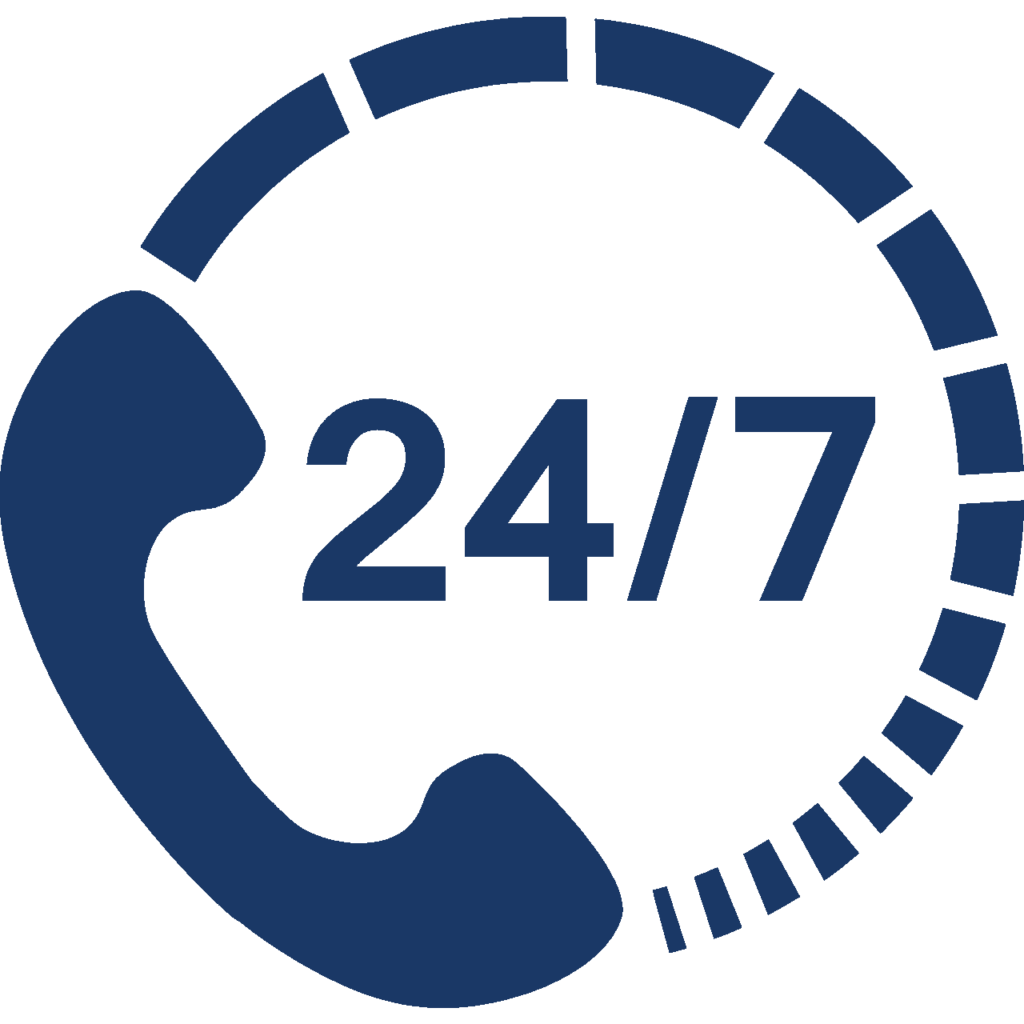Epilepsy and Long-Term Disability Benefits in Canada
Epilepsy is a neurological disorder of the central nervous system characterized by recurrent, unpredictable seizures due to abnormal brain activity. Managing epilepsy can be challenging, and individuals with severe or uncontrolled seizures may face difficulties in maintaining employment. The Canadian Epilepsy Alliance expects that around 260,000 Canadians are diagnosed with epilepsy, and about 1 in 100 people worldwide live with epilepsy.
For those unable to work due to the disabling effects of epilepsy, long-term disability (LTD) benefits can provide crucial financial support. However, obtaining these benefits is not always straightforward, and many individuals encounter denials or obstacles in the LTD claims process.
If you’re seeking LTD benefits for your epilepsy, contact Preszler Injury Lawyers today. Our long-term disability lawyers have years of experience helping individuals with epilepsy claim the benefits they need to support themselves.
Understanding Epilepsy
Epilepsy encompasses a spectrum of seizure disorders characterized by recurrent seizures. Seizures can vary widely in type, frequency, duration, and severity, affecting individuals differently. Common types of seizures include:
- Generalized Seizures: Involve widespread electrical disturbances in the brain and may cause loss of consciousness, muscle rigidity, convulsions, or brief staring spells (absence seizures).
- Partial Seizures: Begin in a specific area of the brain and may cause localized symptoms such as tingling, twitching, repetitive movements, or altered sensations.
Epilepsy’s Impact on Employment
The impact of epilepsy on employment can be significant, depending on seizure frequency, type, associated symptoms, and treatment response. Individuals with epilepsy may experience:
- Safety Concerns: Seizures can pose safety risks, especially in hazardous work environments or when operating machinery, driving, or working at heights.
- Reduced Productivity: Seizure-related fatigue, cognitive difficulties, medication side effects, and recovery periods after seizures can affect work productivity and performance.
- Stigma and Discrimination: Misconceptions about epilepsy may lead to stigma, discrimination, or limited job opportunities despite individuals’ capabilities and qualifications.
Common Reasons for LTD Benefit Denials
Despite the disabling effects of epilepsy, LTD benefit denials are not uncommon. Common reasons for denials include:
- Insufficient Medical Evidence: Inadequate documentation of seizure frequency, severity, associated impairments, treatment history, and functional limitations can lead to benefit denials.
- Medication Compliance Issues: Non-compliance with prescribed anti-epileptic medications or inconsistent medical follow-ups may raise concerns for insurers about treatment adherence and seizure management.
- Occupational Definitions: Differences between “own occupation” and “any occupation” definitions in LTD policies can lead to benefit terminations if insurers argue that individuals can work in alternative occupations despite epilepsy-related limitations.
- Independent Medical Examinations (IMEs): Insurers may request IMEs from their chosen healthcare professionals to assess disability claims. IME reports that contradict treating physicians’ opinions or downplay seizure impacts can be used to deny benefits.
What To Do If Your LTD Benefits Have Been Denied
If your LTD benefits for epilepsy have been denied, proactive steps can help protect your rights:
- Review Your Policy: Understand your LTD policy terms, coverage details, appeal procedures, and timelines for appeals. You should also review the denial letter you received from your provider.
- Gather Strong Documentation: Compile comprehensive medical records, seizure diaries, neurologist reports, treatment history, medication records, functional assessments, and supportive statements detailing the impact of epilepsy on your ability to work.
- Appeal with Strong Support: Submit a thorough appeal with robust medical and vocational evidence supporting your disability claim. Address any concerns raised in the denial letter and provide additional context or explanations as needed.
- Seek Legal Assistance: Consider consulting with an LTD disability lawyer experienced in handling epilepsy-related claims. A lawyer can review your case, provide legal guidance, advocate during the appeals process, and escalate the case if necessary.
Contact a Disability Lawyer About Your LTD Denial Today
Many individuals are not familiar with the complex legalities and nuances of insurance policies, especially regarding LTD benefits. A disability lawyer at Preszler Injury Lawyers can help you understand your legal rights under your policy and applicable laws in Canada, walk you through LTD claim denial decisions, and negotiate with insurance companies on your behalf. In cases where appeals are unsuccessful or disputes arise, we can represent you in mediation, arbitration, or litigation proceedings, presenting your case persuasively in court if necessary.
Dealing with LTD claim denials can be stressful, especially when facing financial hardships due to a disability like epilepsy. Having a dedicated team handling your case can provide peace of mind, knowing that legal professionals are working to secure the benefits you deserve. To schedule your free initial consultation, contact us today.

